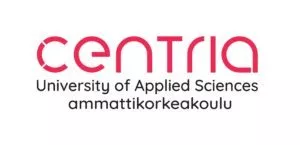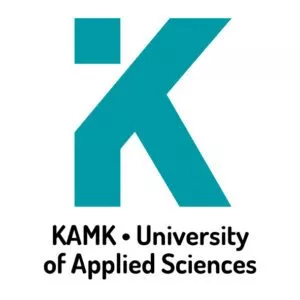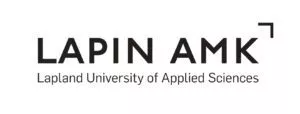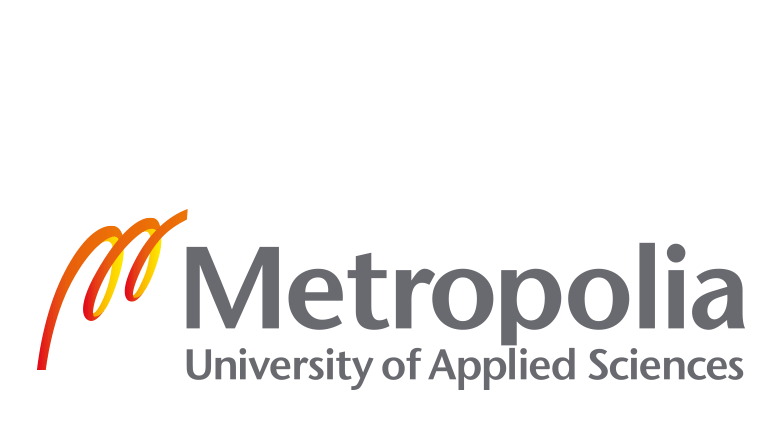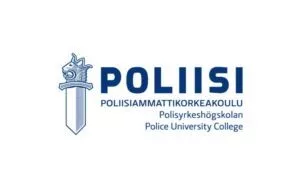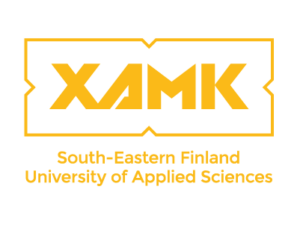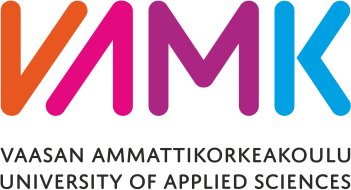Project information:
Official name of the project: Kyberturvallisuuskoulutuksen ja siihen liittyvän yhteistyön kehittäminen korkeakouluissa (Developing cybersecurity education and cooperation in higher education)
Duration of the project: 1.9.2023 - 31.12.2025
Project coordinator: Jamk University of Applied Sciences
Project partners: VAMK, TAMK, Savonia, Turku AMK, Laurea, Centria, Kajaani AMK, Karelia, Metropolia, Oulu AMK, XAMK, Polamk
Funding: The Ministry of Education and Culture, Finland
Budget: 1 180 000 €
Project description
Digitalisation and changes in the security environment are challenging the entire education field to fill the cybersecurity skills gap. The aim of the project is to develop cooperation between higher education institutions in cybersecurity education, to increase the quantity of education, the skills of teachers and instructors, and the number of cybersecurity experts to meet the needs of digitalisation and the ever-changing environment.
The technological and skills requirements of digitalisation and changes in the security environment underline the importance and timeliness of developing cyber security skills and competences. The lack of cybersecurity experts and skills challenges the education and training sector, especially universities, to fill the skills gap, which is particularly felt by cyber companies and is perceived as a major obstacle to growth.
Goals
The aim of the project is to develop cooperation between higher education institutions in cybersecurity education, to increase the quantity of education, the skills of teachers and instructors, and the number of cybersecurity experts to meet the needs of digitalisation and the ever-changing environment.
The outcome objectives of the project are:
- Universities have produced cybersecurity curricula for graduate students that have been developed in cooperation and meet the needs of different sectors of working life.
- Cybersecurity courses for non-university graduate students have been developed to meet the needs of different sectors of working life.
- A model for joint cybersecurity training provision has been agreed and implemented between universities, and joint training provision has been piloted.
- A cooperation network for the development, coordination and implementation of higher education in cybersecurity has been established and has started its activities on the basis of a common plan.
Results
By the end of the project, the consortium’s work had produced the following results:
- Higher education institutions have produced cybersecurity modules for graduate students, developed in cooperation and tailored to the needs of different sectors of working life.
- cybersecurity courses for non-university graduate students have been developed to meet the needs of different sectors of working life.
- A model for the provision of joint cybersecurity training has been agreed and implemented between universities and joint training provision has been piloted.
- A cooperation network to develop, coordinate and implement higher education in cybersecurity has been established and has started its activities based on a common plan.
As part of the WP4 work package, the results of the project will be disseminated so that the whole higher education sector and other working life at the latest becomes aware of the training offer developed in the project and the related cooperation models.



